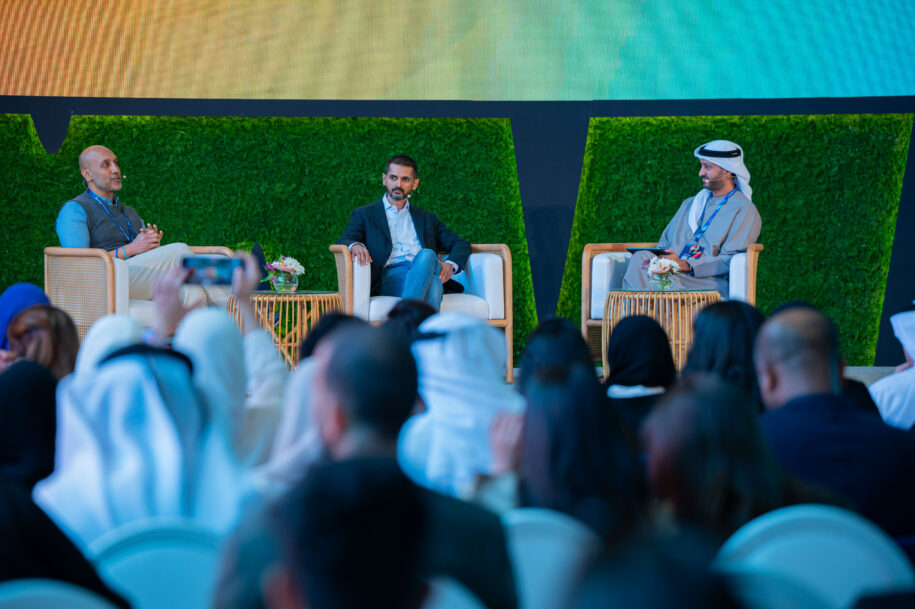Introduction
In a world where the only constant is change, the Sharjah Entrepreneurship Festival panel titled “Feeling the Fear, Building It Anyway: Startup Founders’ Perspectives” offered an intimate glimpse into the heart of entrepreneurship.
Moderated by Nader Al Bastaki, Managing Director at Dubai Future District Fund, the session featured Mustafa Koita, the visionary founder of Koita Foods, and Hassan Jaffar, the strategic mind at Jaffar Ventures.
“Entrepreneurship, as we know it is both, financially, and in terms of social impact, a high risk endeavor. The statistics are 9 out of 10 fail. And that very statistic creates a feeling of unease when we go into building and starting ventures.”
Nader Al Bastaki
For founders embarking on this journey, the insights shared by Koita and Jaffar offer a roadmap for navigating the uncertainties of startup life with resilience, adaptability, and a clear vision. This conversation peeled back the layers of startup glamor to reveal the gritty, emotional, and often turbulent journey of building a business from the ground up.
The Psychological Battleground of Entrepreneurship
“I think fear is part of the entrepreneur journey. You have to have an element of that.”
Mustafa Koita
Entrepreneurship is as much a psychological journey as it is a business venture. The panelists shared their personal stories of doubt, fear, and the internal battles faced when stepping into the unknown. This segment of the discussion highlighted the importance of mental resilience, self-awareness, and the ability to harness fear as a driving force rather than a barrier to innovation and growth.
“You have to be persistent and it's a key trait, but you have to marry that persistence with honesty about what's working and what's not working.”
Hassan Jaffar
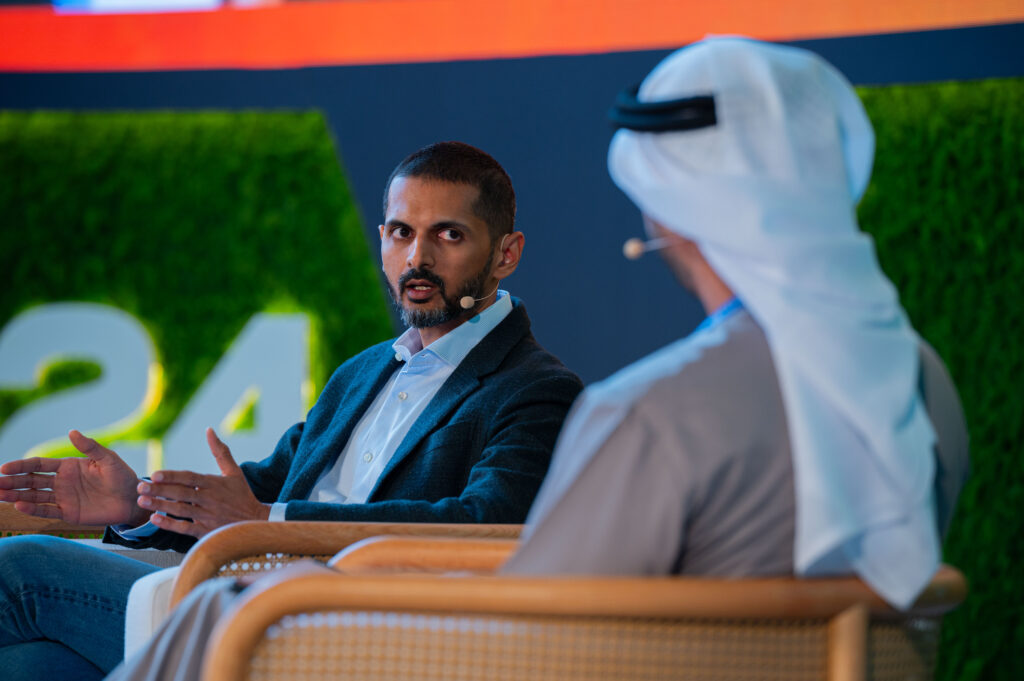
“I look back at my past history — my personal life and professional life — and remind myself of how many times I overcame stuff, and that would be like, ‘Hey, here's a problem. I got through two or three in the past. I can do this.”’ And that gave me some confidence.”
Mustafa Koita
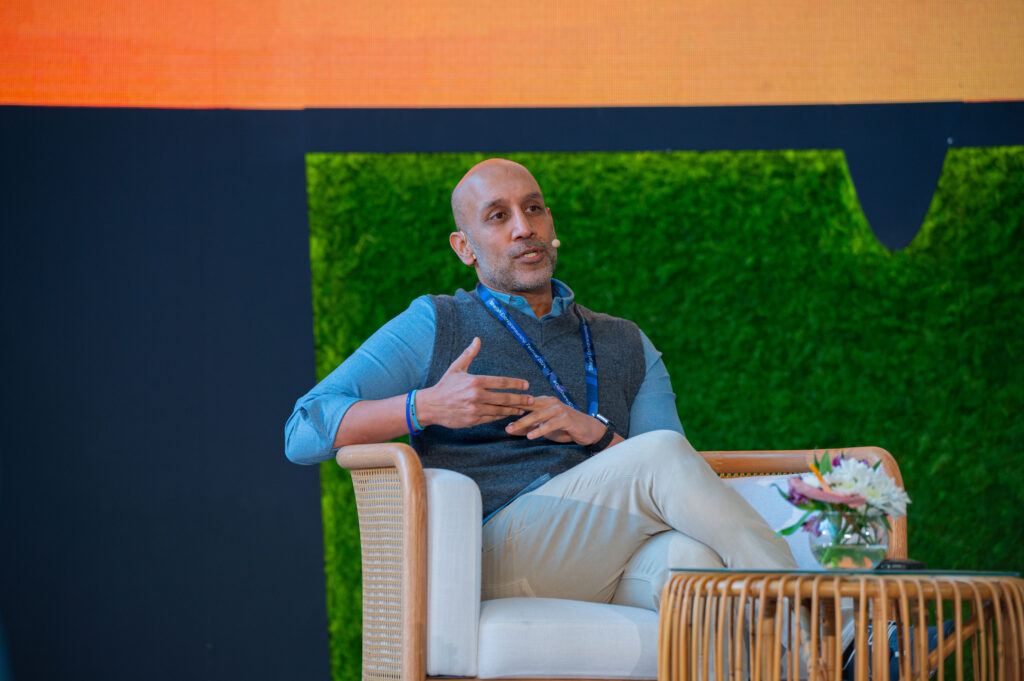
Building Resilience Through Community and Mentorship
A key takeaway from the discussion was the invaluable role of community and mentorship in building resilience. The founders shared how relationships with mentors, peers, and even competitors provided crucial support, advice, and sometimes the harsh truths needed to navigate the ups and downs of startup life. This narrative underscores the significance of building a strong support network that can offer guidance, encouragement, and perspective in times of need.
“You need a good peer group that can help support you. In my case, it was partially peer group, and then part of it was myself and how I was built and how I dealt with challenges.”
Mustafa Koita
Learning from Failure: The Foundation of Success
“You have to be very honest with yourself about what works and what doesn't work.”
Hassan Jaffar
Perhaps one of the most impactful themes of the panel was the perspective on failure. Both Koita and Jaffar spoke candidly about their failures, emphasizing that each setback was a stepping stone toward greater understanding and success.
“Just being able to navigate that through honest conversations and being honest with yourself about what needs to be done and taking the hard decisions. I think it ends up being extremely important.”
Hassan Jaffar
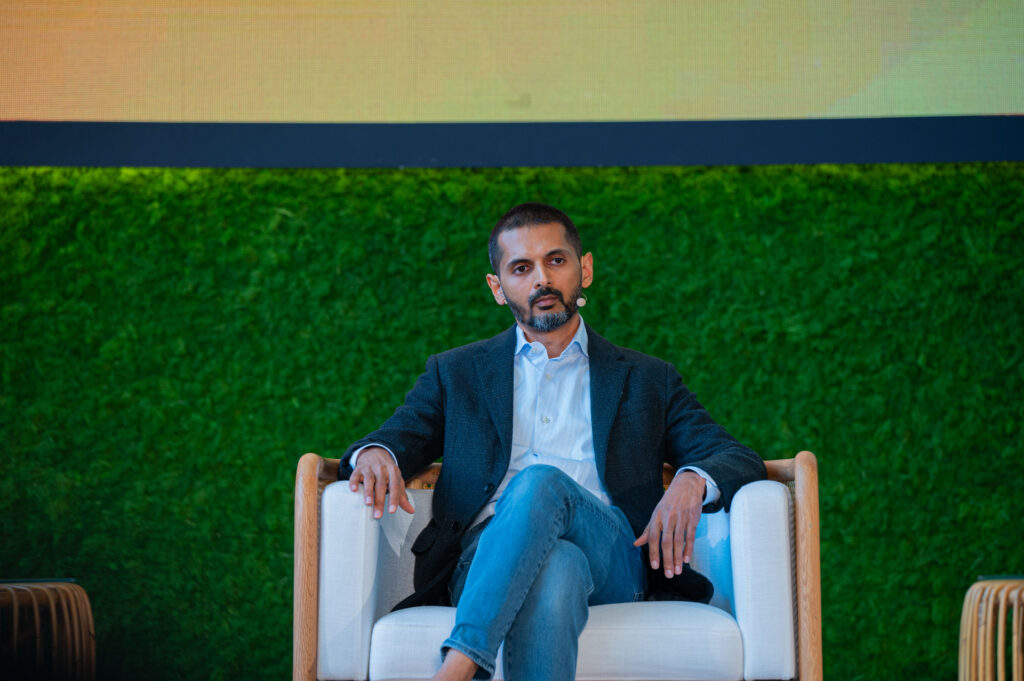
The conversation delved into how these experiences shaped their strategic decisions, refined their business models, and ultimately strengthened their leadership skills.
Founders are encouraged to embrace failure as an essential part of the learning process, fostering a culture within their startups that views setbacks as opportunities for growth.
Adapting to Change: The Entrepreneur's Superpower
In today’s rapidly evolving market landscape, adaptability is not just an advantage — it’s a necessity. The panelists discussed their experiences with pivoting business models, entering new markets, and redefining product offerings in response to changing consumer needs and global trends.
“Pivoting to us is not just about finding something and making the move. There's also an element of letting go of the old position or business plan that you had.”
Mustafa Koita
This adaptability extends beyond business strategy to personal growth, requiring founders to continually reassess their assumptions, learn new skills, and remain open to change.
“Each pivot, we learned something and we used those learnings to feed into the next pivot. As that cycle continued, by the third pivot, we had taken the learning from the previous two iterations, and the third iteration is what helped us get to the final outcome, where we were confident that this is gonna work. I think it was a process of learning through those iterations.”
Hassan Jaffar
The Art of Letting Go
One of the more poignant lessons from the panel was the art of letting go. Whether it’s relinquishing control to bring on expert team members, abandoning a product that doesn’t fit the market, or pivoting from a cherished business model, the ability to let go is crucial. The founders shared how learning to detach from ego and preconceived notions.
“A key point of failure is being able to let go and move on to the next thing.”
Nader Al Bastaki
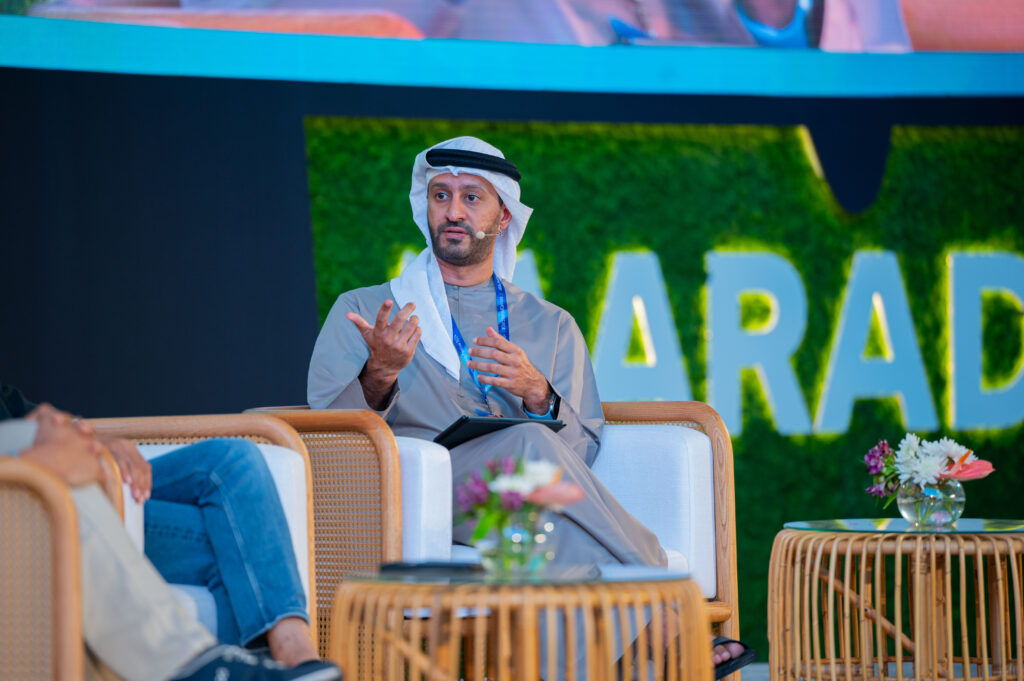
“We've made so many mistakes in our 10 year career and we've pivoted — we've just learned how to let go a lot easier. I can let go more without the ego issues coming up.”
Mustafa Koita
Nurturing a Culture of Innovation and Resilience
Creating a culture that embraces innovation, encourages risk-taking, and learns from failure is essential for startup resilience. The panelists shared strategies for building such a culture, including open communication, celebrating small wins, and creating a safe space for team members to share ideas and failures. This culture fosters a sense of belonging and commitment, driving teams to innovate and push boundaries.
“There are definitely two types of failures. There is failure where you just fail because you didn't put in the effort, and that's not the type of failure you want to encourage, and that's definitely the type of failure that you would absolutely be rightful to be upset about. But then there's a failure where you gave it everything you have, you tried everything you can, you did your best and you still failed — and those are the best learning journeys you have, and you definitely want to encourage those types of failures and get your culture to be revolving around that.”
Hassan Jaffar
Conclusion: The Journey is the Reward
The “Feeling the Fear, Building It Anyway” panel demonstrated the multifaceted nature of entrepreneurship, revealing that the journey itself, with all its fears, failures, and triumphs, is the true reward.
As we look to the future, these lessons remind us that the essence of entrepreneurship lies not in avoiding fear, but in embracing it as an integral part of building something truly meaningful.
If you are a founder who is passionate about building innovative solutions in the Future of Finance or Future Economies industries and meet our investment thesis, we invite you to apply for consideration for direct investment. You can also learn more about our Direct Investments deal lifecycle process here.

